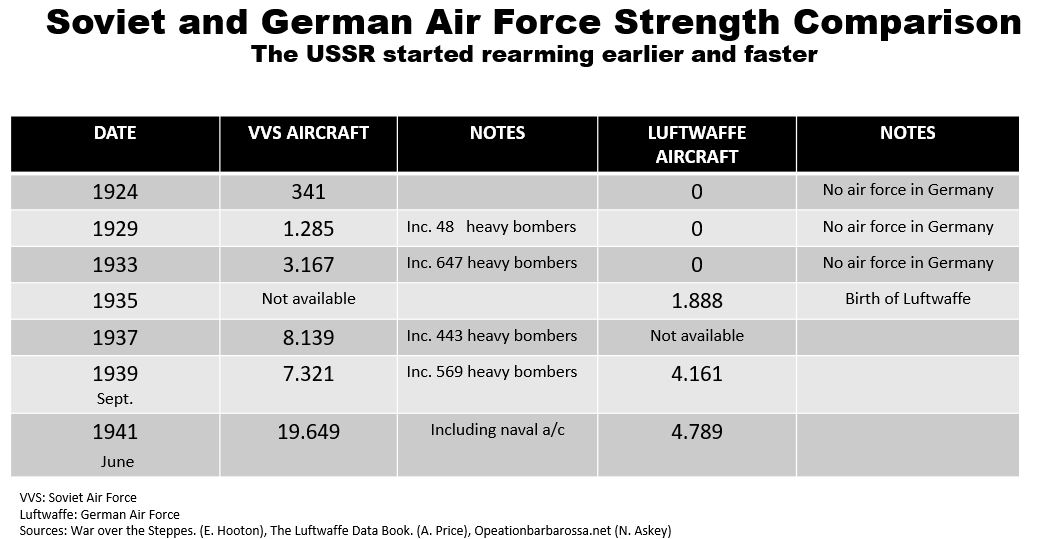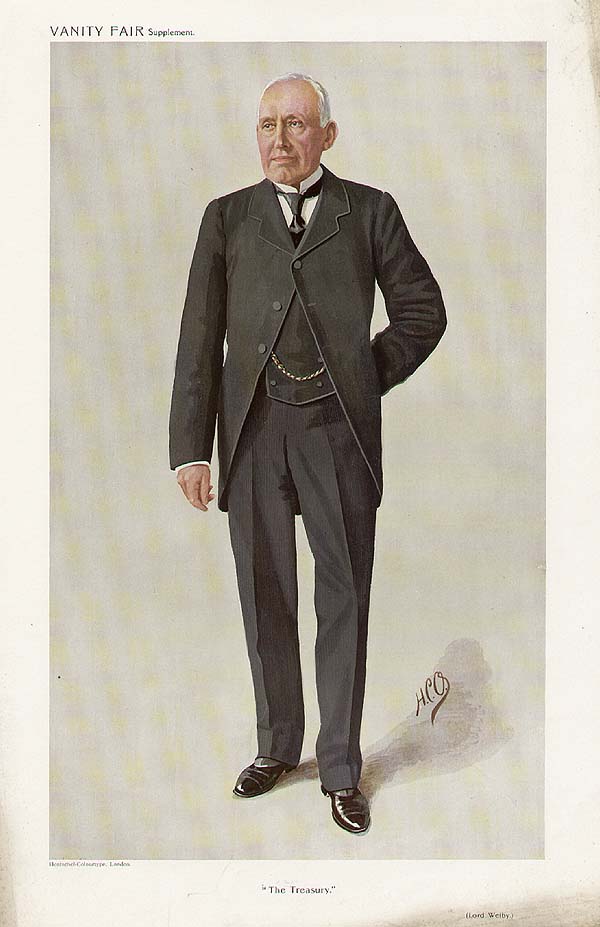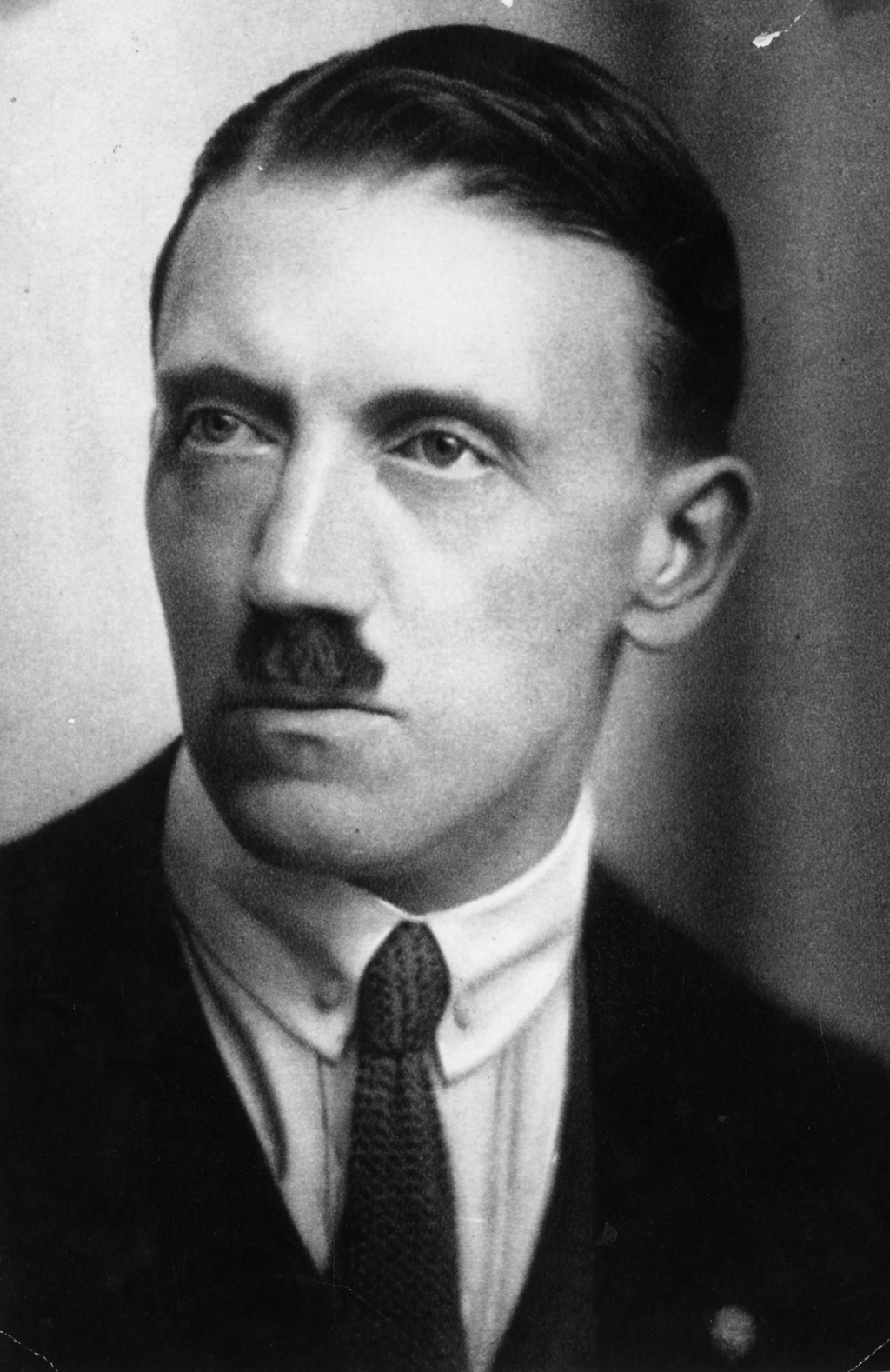ORIGINS OF THE CONFLICT
When Germany became a unified Country in 1871, Russia and Great Britain had been nations for centuries . The new German state found that both Russia and Great Britain had carved huge empires using different approaches. The Russians conquered lands of their neighbors and possessed the largest Country in the world by land mass. The British dominated less advanced peoples abroad creating an imposing overseas empire that was the wealthiest in the World and second largest by population.
The British empire was the largest empire the world had ever seen by land mass. The Soviet Union inherited the territories of the Great Russian empire and was the third largest empire by area in the history of mankind, only inferior to the British and the (ancient) Mongol empires. The blue lines show the sea bound routes connecting the raw materials sources to the British Empire’s industrial centers. The red lines show the routes connecting raw materials centers to the Soviet Industrial centers by land. Germany lacked the land extension of the USSR and the colonies and navy of the British, which meant that her industry and consequently, her economy, faced restrictions or outright stoppage if her powerful neighbors decided to impose a blockade (orange lines).
Thirty years later, in 1900, Germany had the largest economy in Europe and still growing by leaps and bounds. Having achieved so much, the Germans started to seriously consider gearing its national efforts to the grand goal of becoming one of the major powers. Berlin, however, soon found that the incumbent world powers of Great Britain, Russia, and France blocked this path .
Striving for this objective is a logical move for nation-states with large economies and advanced technology. The scale of the economy within the state, allows the citizens to attain a respectable standard of living and without a strong industry, the economy falters. Brick-and-mortar factories producing thousands of products: ships, vehicles, machine tools, radios, bicycles, clothing, foodstuffs, etc., were the core of the 20th Century industrial sector. States that succeeded in creating enormous industrial sectors demanded massive amounts of raw materials such as oil, rubber, sulphur, phosphates, potash, and mineral ores of iron, copper, lead, zinc, bauxite, nickel, chromium, tungsten, molybdenum, manganese, tin, amongst the most important, to keep the factories dedicated to civilian and military manufacture in operation. Furthermore, people need grains, vegetables, meat, and other foodstuffs to eat while animals require fodder. Crops necessitate fertilizers to grow.
Great Britain and the USSR were capable of moving raw materials to their industrial centers with no concern from interdiction: the British by using maritime routes and the Soviets by land. Germany lacked this capability and was vulnerable
The problem at the heart of the human conflict is the uneven distribution of raw material sources on the Earth’s crust. Some nations have abundant quantities of key strategic resources and others lack most of them. By 1900, the vast empires of Great Britain and the USSR had solved this problem by controlling directly the world’s most plentiful supply centers, with England having an edge in achieving self-sufficiency. Critically, both states were also capable of moving these raw materials to their industrial centers with no concern from interdiction: the British by using maritime routes and the Soviets by land.
In contrast, Germany had only coal in abundance and every other strategic raw material required importation from abroad. Since Great Britain controlled the most important traffic routes and France and Russia guarded the others, Germany realized that the Country was vulnerable on the longer term. It was quite feasible for her powerful neighbors to implement a blockade at any time and choke her industries to a standstill .
The Germans reasoned that there were two solutions: acquiring lands from their European neighbors, following the Russian method, or creating an overseas empire, in the British pattern. Wilhelm II, the German emperor, did not have the intention to start a European war by attacking his neighbors, but he was unyielding in his goal of finding an empire for Germany that allowed self-sufficiency. This, however, generated a formidable animosity on the British, displeased at finding a powerful competitor who could potentially overshadow them down the road . The British endeavored to block Germany’s efforts despite the latter exertions to circumvent the English National interests. Berlin became frustrated but increasingly determined to achieve its goal. In 1899 Bernhard von Bulow spoke before the Reichstag vehemently, making the case that similarly to the English goal of a Greater Britain, a Nouvelle France and the expansion of Russia into Asia, the Germans had a right for a Greater Germany .
Great Britain’s policy to oppose the realization of a powerful German empire left the Germans with only two choices: acquiescence or war. The German leaders did not fear war and although they were reluctant to start one, they prepared for it. The enmity among newer and established powers reached its climax with the outbreak of World War I when the coalition of incumbent major powers defeated the German 2nd Reich.
The resolve to achieve a place under the sun, however, persisted, even if temporarily checked.
The accession of Adolf Hitler to power gave rise to the second German attempt at achieving major power status on a par with Great Britain. History has demonstrated that altering the status quo implies a huge risk since in the geopolitics arena, every major power attempts to advance its own interests and prevent serious competitors for realizing theirs. An emerging power starts from a position of relative weakness versus incumbent powers and therefore it faces serious dangers.
Hitler considered that the previous German leaders had erred in their strategy by entering in a direct confrontation with the interest of Great Britain. This provoked a reaction on the British, who skillfully built a Franco-Anglo-Russian alliance (augmented later by the US), forcing a two-front war, and tilting the balance of power completely against Germany.
Lord Welby, Secretary of the Treasury until 1894 said in June 1914; “The Germany they remembered in the
fifties was a cluster of insignificant states under insignificant princelings”. Now, in one man’s lifetime,
it was the most powerful state in Europe, and still growing.
Instead, the German leader selected the alternative path of conquering lands in Europe. He chose Eastern Europe, the Soviet lands specifically, as Germany’s main objective and endeavored to avoid a face-off with the British. Hitler understood that the Soviet Union, with their communist dogma, became an ideological threat to the Western democracies . Therefore, he reasoned that it would be possible to create an alliance with the English or at least gain benign neutrality. With this objective in mind, in 1935 he negotiated an agreement with them limiting the size of the German navy. The practical message was the rejection of a maritime empire and therefore, direct competition. However, Hitler proved naïve. The long-term interests of Great Britain governed her actions and she would not accept a German-dominated continent any more than a French-dominated Europe in Napoleonic times or a dominant Spain even earlier. Great Britain preferred to deal with the threat of Communism than with a mighty Germany that presented a greater long-term risk to British interest .At the time, Stalin, the Soviet dictator, had already started his pogroms causing the death of millions, but the Government of her Majesty remained highlighting Germany’s threat despite ample documentary evidence of the ongoing genocide in the Soviet Union . British policy-makers saw Russia as a backward nation with limited potential, whereas Germany was already leading in technology and science in many areas. Great Britain’s strategy would remain the formation of alliances to defeat her strongest adversary at the lowest possible risk and least blood expenditure for herself . This policy had succeeded in 1918 against Germany and in 1815 when it helped defeat Napoleon. There was no reason to believe why it should not remain valid now.
Hitler’s intent of conquests in the East was not to remain secret. Mein Kampf, written by the German politician in 1925, eight years before his rise to power, unambiguously stated the need to acquire lands from the East and its enmity with bolshevism. So, when Hitler became Germany’s chancellor in 1933, also 8 years before the actual invasion, the military expenditures by the Soviets intensified. Stalin had sufficient clarity of mind and a strategy of his own to understand that war between capitalist powers would likely come within years and he had to be ready to take advantage of it.
Germany did not trigger USSR rearmament; Moscow started arming before National Socialist Germany existed, fearing foreign attacks from various quarters with good reason . In 1929 the Soviet Air Force, Voyenno-Vozdushnye Sili, or VVS for short, numbered 1.285 combat aircraft including 48 heavy bombers at a time when Germany was a weak democracy and did not have an air force. And this rearmament was moving at full speed. In 1933, the Luftwaffe did not yet exist, but the VVS had increased its force to 3.156 aircraft in the front line including 647 heavy bombers .

At the First Conference of Workers in 1931, Stalin said: " If we are backward and weak, we may be
beaten and enslaved. But if we are powerful, people must beware of us. We are fifty or a hundred
years behind the advanced countries. We must make up this gap in ten years. Either we do it or they
will crush us."
Iósif Stalin

Stalin’s strategy initially consisted in safeguarding the Soviet state, but his goals were far-sighted. He could see that Germany was altering the status quo and Great Britain was intent on stopping her. This would lead to war, just as it had in 1914, for the same reasons. By forecasting this likely scenario, he saw an opportunity. A war between capitalist countries would be long and costly as the recent experience of the Great War unambiguously showed. Therefore, these powers would see their strength diminished in comparison with that of the USSR and further openings would present themselves for the benefit of the communist revolution in Europe. The stresses of war and high death toll demoralized so much the citizenry in 1917-18, that two mighty empires collapsed, the Russian and the German, and chaos took over, opening the door to communism. Stalin’s strategy was not new, but the continuation of Lenin’s, who was able to predict with reasonable accuracy the fate of Europe 25 years later . From the mid-1930s, three powerful geopolitical forces were in collision course: Germany wanted an alliance with Great Britain to destroy the Soviet Union. Great Britain wanted an alliance with other major powers to destroy Germany. The USSR wanted those two nations to destroy themselves to advance the cause of communism.
“I am not fond of the Germans by any means, but at the present time, it is more advantageous to use them
than to challenge them. An independent Poland is very dangerous to Soviet Russia: it is an evil which,
however, at the present time, has also its redeeming features; for while it exists, we may safely count
on Germany, because the Germans hate Poland and will at any time make common cause with us in order to
strangle Poland. … Everything teaches us to look upon Germany as our most reliable ally. Germany wants
revenge, and we want revolution. For the moment, our aims are the same. When our ways part they will be
our most ferocious and our great enemies. Time will tell whether a German hegemony or a Communist
federation is to arise out of the ruins of Europe. Vladimir Lenin. Quoted from a "Speech to followers" by
Ost-Information (Berlin), No. 81 (4 December 1920);
Vladimir Lenin






